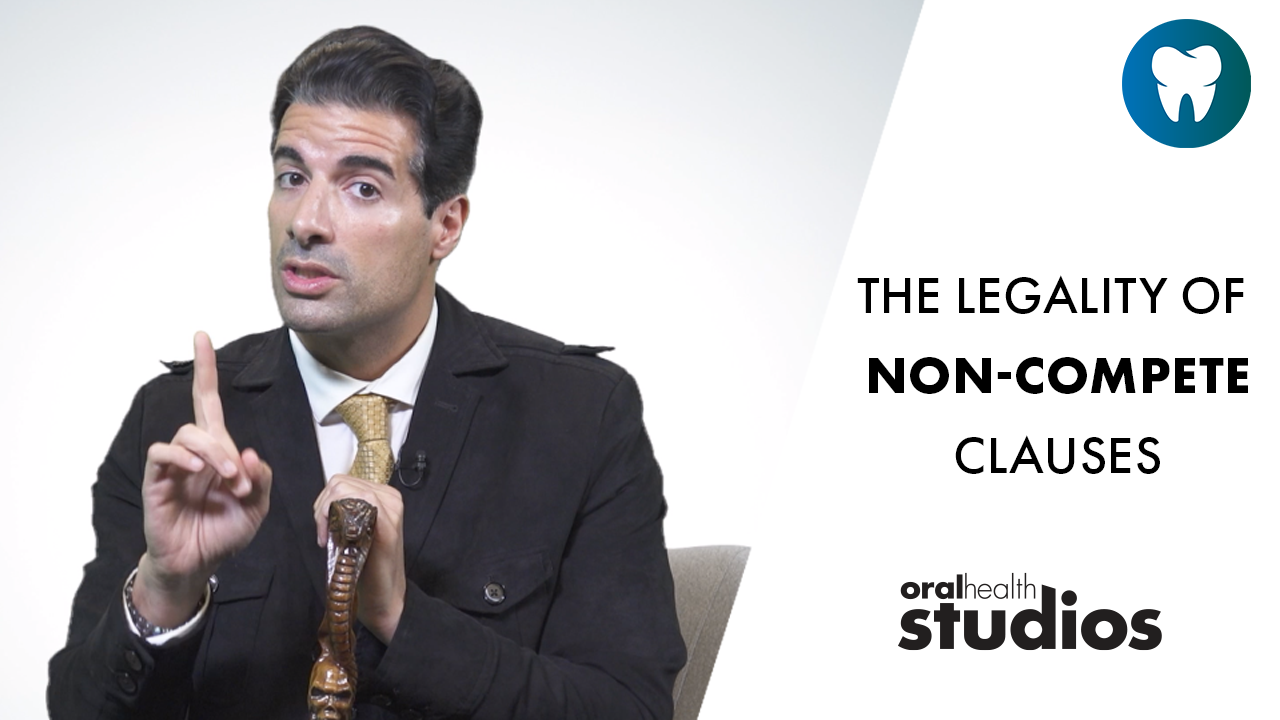Who Benefits?
Individuals who:
a. Have personal non-tax deductible debts, such as a home mortgage, and
b. Own a practice, which operates as a proprietorship or partnership, and
c. Have built up value in the practice.
Note: This maneuver does not work if a dentist has a professional corporation.
Tax Saving
You can get a tax deduction for interest expense on loans, which would otherwise have been personal non tax-deductible debt.
What is the Tax Savings?
For example:
Loan – $ 600,000
Interest rate (approximate) – 3%
Interest incurred – 18,000
Tax Bracket (approximate) – 46%
Annual Tax Savings – $ 8,280
How To Do It?
General concepts:
1. Set up two (2) bank chequing accounts;
2. Expenses of practice are paid from first bank account, referred to as “Expense Account”;
3. Revenues of practice are deposited into second bank account, referred to as “Revenue Account”;
4. Loans from bank gets deposited into “Expense Account” and used to pay for practice expenses;
5. Revenues are withdrawn from Revenue Account and used to pay off non tax deductible debt such as home/ cottage mortgage.
Specifics:
Only business and capital expenditures (equipment, computers, and office renovations) should be paid out of the “Expense Account.”
Therefore, the “Expense Account” may pay any of the following provided they are reasonable:
a) Dental/medical supplies and lab fees
b) Salaries
c) Rent
d) Utilities
e) Business taxes
f) License fees
g) Equipment rental
h) Lega land Accounting
i) Office Expenses
j) Maintenance and Repairs
k) Telephone
l) Bank charges and interest related to the expense account
m) Any other cost required to operate the practice.
The expense account should not pay any of the following:
i) The non-deductible portion of meals and entertainment and car expenses;
ii) Draws to the dentist;
iii) Any non-deductible fringe benefits paid to employees;
iv) Any other expenditures, which are not deductible for business purposes.
All expenditures mentioned in (i) through (iv) should be paid from the “Revenue Account.”
Tax Department’s Perspective
Based on the Singleton case, since the loan was used and can be traced to business expenses, the interest on the loan should be tax deductible as such interest was incurred in order to earn income.
It is imperative that the audit trail is strictly adhered to, otherwise CRA, the Tax department, could deny the deduction. Please note that the recent decision in Lipson although not in favour of the taxpayer seems to confirm that the deductibility of interest is established by tracing borrowed funds to their use. Consult your tax advisor before you embark on this strategy.
David Chong Yen, CFP, CA with an international firm background and more than twenty-eight years of experience, advises healthcare professionals and owner-managers. Additional information can be obtained by phone (416) 510-8888, fax (416) 510-2699, or e-mail david@dcy.ca.This article is intended to present tax saving and tax planning ideas and is not intended to replace professional advice.









